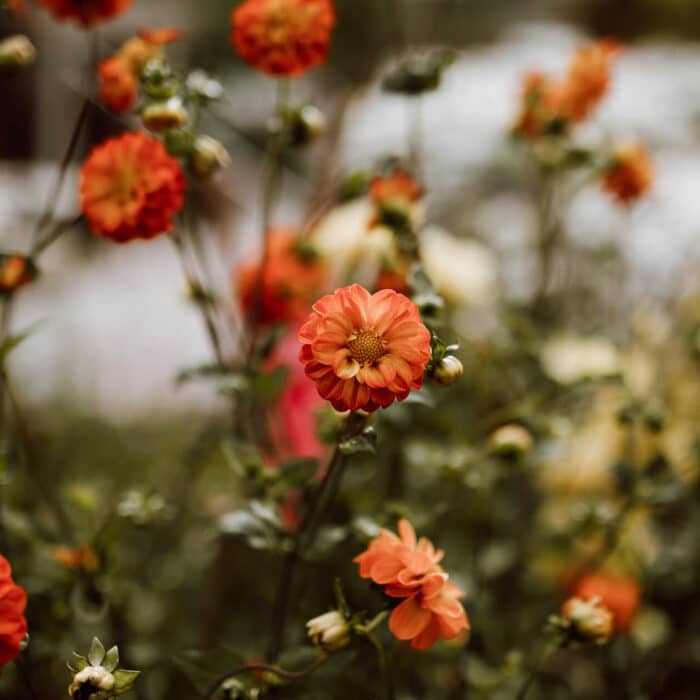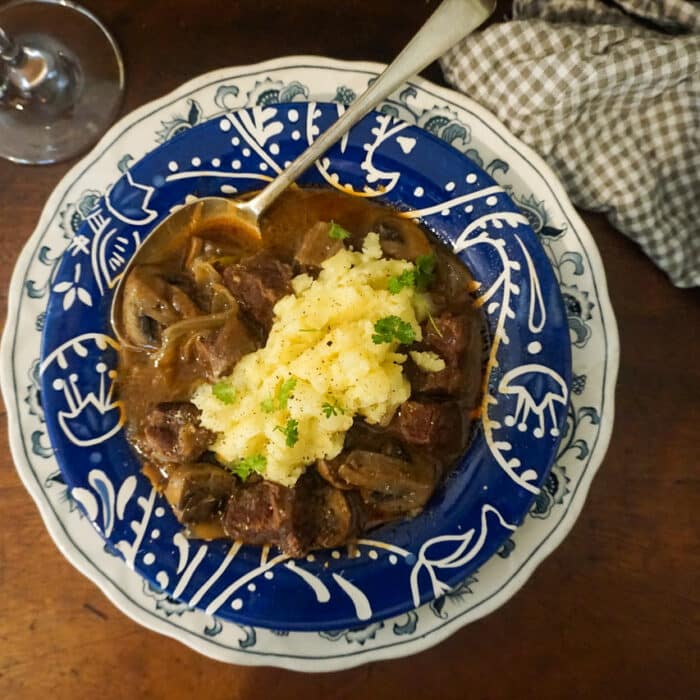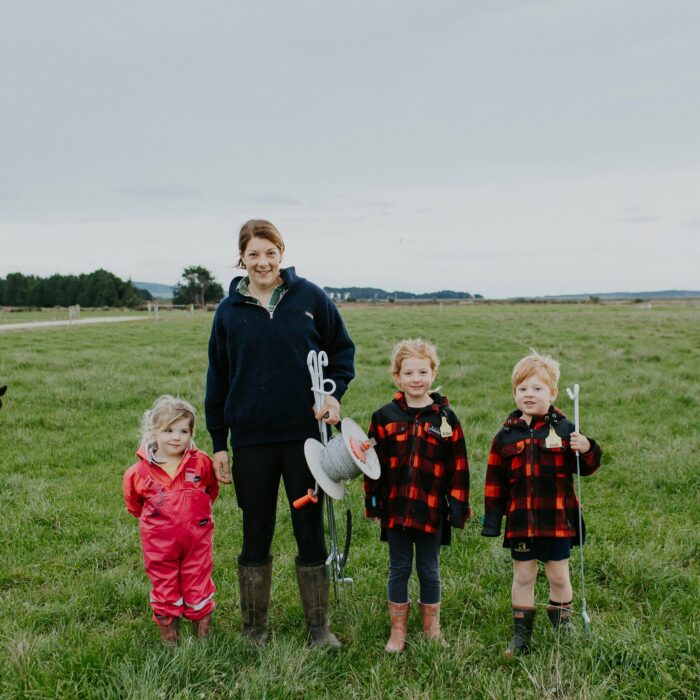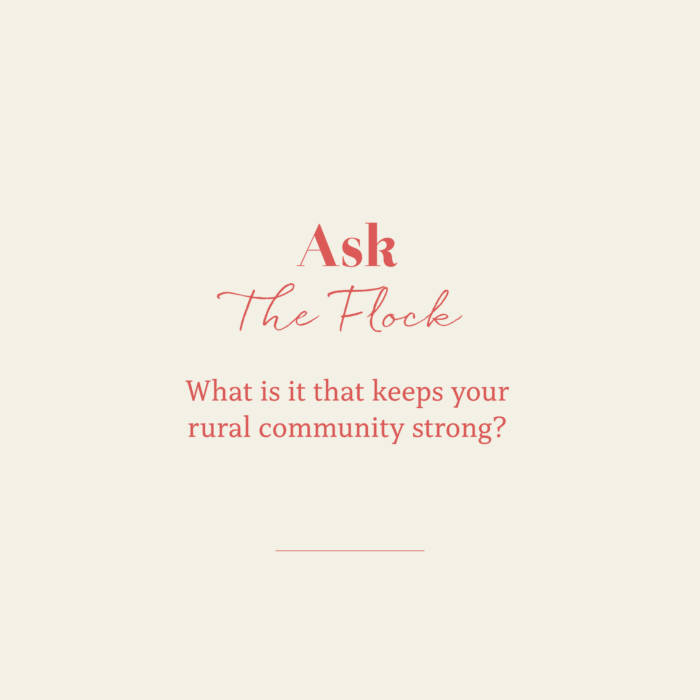04 April 2024
Seeds of the Future
Wahine Ahuwhenua. Woman of the Land.
writer: ANNA BRANKIN (KĀI TAHU, KĀTI MĀMOE)
photographer: Francine Boer
For Sonya Prosser, a visit home to Aotearoa New Zealand in 2020 turned into a permanent pandemic-induced stay. Unable to return to the career she had carved out for herself in Southeast Asia, she took a job at Walter Peak High Country Farm on the shores of Lake Whakatipu. Now, she’s merging her lifelong dedication to conservation with her newfound agricultural skills to plant the seeds of a new future for her family and wider community in Rarotonga.
“I’ve always liked hard work, and I’ve never been afraid to get stuck in and get my hands dirty, which is what all my jobs have had in common,” Sonya, 49, says. “But the biggest common factor is definitely conservation, which I’ve always considered to be my main purpose in life.”
This purpose first emerged in Sonya’s teenage years, when she began volunteering at Orana Wildlife Park, just outside Ōtautahi Christchurch. “I’d grown up watching David Attenborough and reading about Jane Goodall and Dian Fossey, and I developed a real love for great apes,” she says. “Mum was really good at helping me follow that by taking me out to Orana Park while I was still in high school, and that led to a job there pretty much as soon as I finished. ”
By the time she was twenty-one, Sonya was working as a zookeeper at the Melbourne Zoo, primarily working with primates and large carnivores. “I spent quite a long time working with them in captivity and it was marvellous getting to know individual animals and having them get to know you,” she reflects. “I do miss it, but eventually I realised it was time to move on because I really did feel the pressure of playing god with such magnificent creatures, having to make these big decisions for animals that are in captivity.”
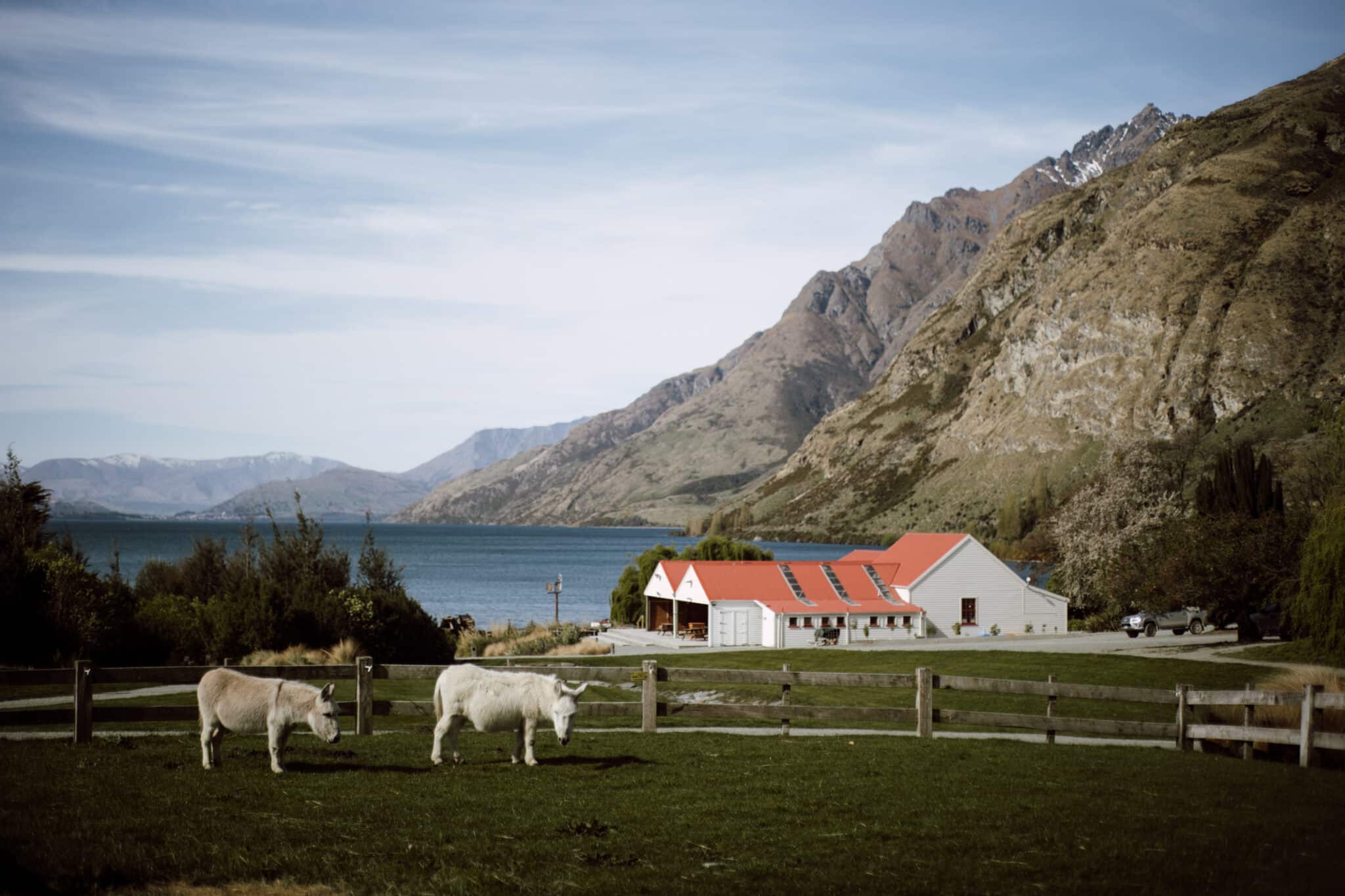
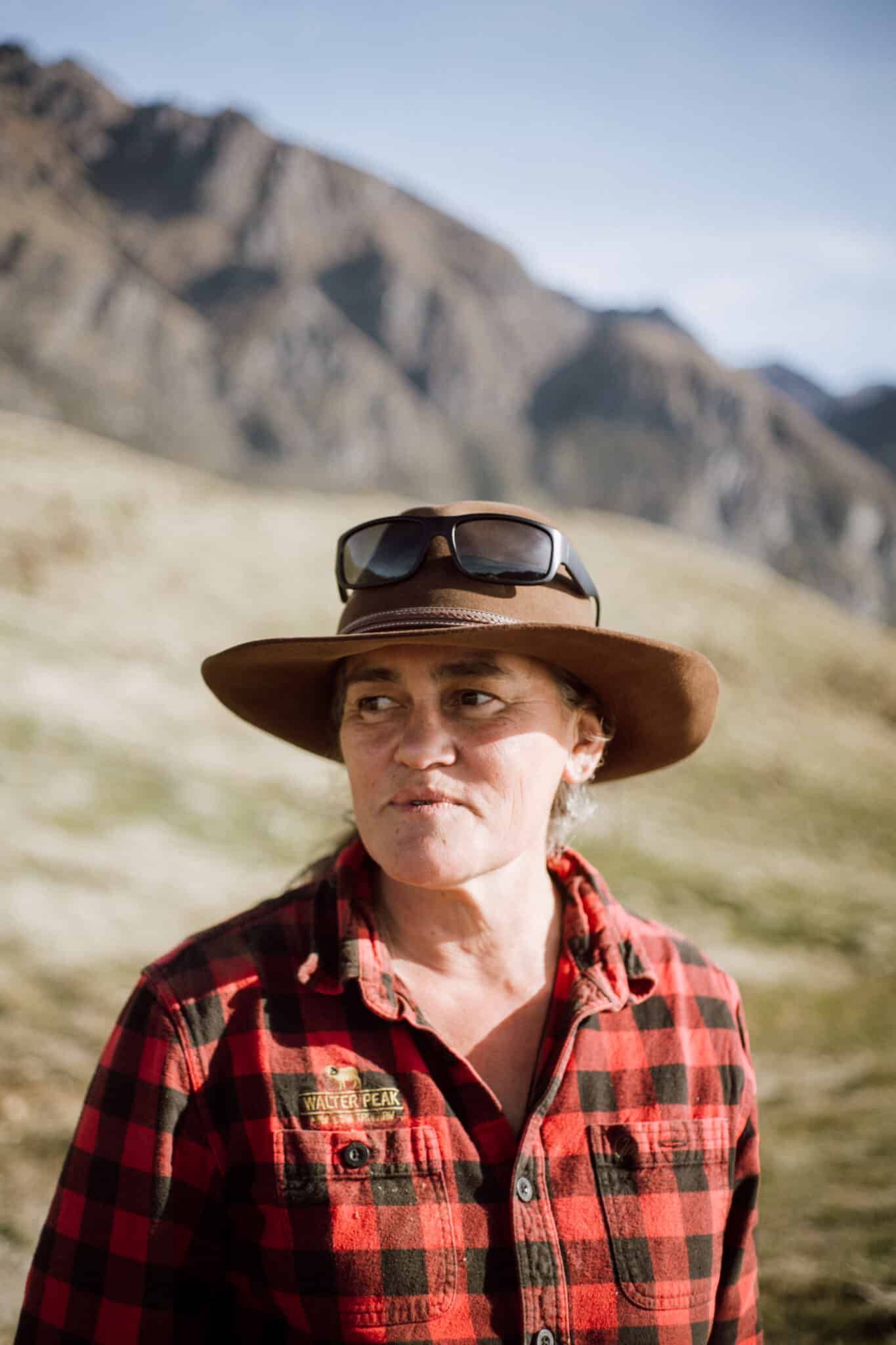
Sonya harnessed that preservation mindset with stints at conservation organisations across East and Southeast Asia. “I came back to New Zealand in 2020 for a holiday and Covid hit,” Sonya says wryly. “I was due to fly out the day that everything closed down. I wasn’t able to leave and then my Laos business visa ran out. It became impossible to return to my previous life, so I made a new one.”
After taking a handful of free courses through the Southern Institute of Technology, Sonya landed a job three years ago in “absolute paradise” – Walter Peak High Country Farm. Located at the base of Kā Kamu-a-Hakitekura Walter Peak near Tāhuna Queenstown, the property is a working Merino sheep station that also includes guided farm tours and dining. Sonya is part of a team that looks after the farm infrastructure, such as maintaining the grounds and gardens and running farm demonstrations. “I’ve been pretty lucky to be able to jump into all the roles that are part of our rural department, beside shearing sheep,” Sonya says. “That’s everything from stock work to running the dogs as part of the working dog demonstrations we do.”
Not surprisingly, working with the dogs has been Sonya’s favourite part of her time at Walter Peak. “Spending time with them, working with them and seeing the joy they get out of doing their job has definitely been the highlight,” she says. “Part of that is also getting to know their personalities and working through some challenges with them. They do get bored from time to time and will play up in front of the guests, so it’s making sure to take them out and do some real work with them.
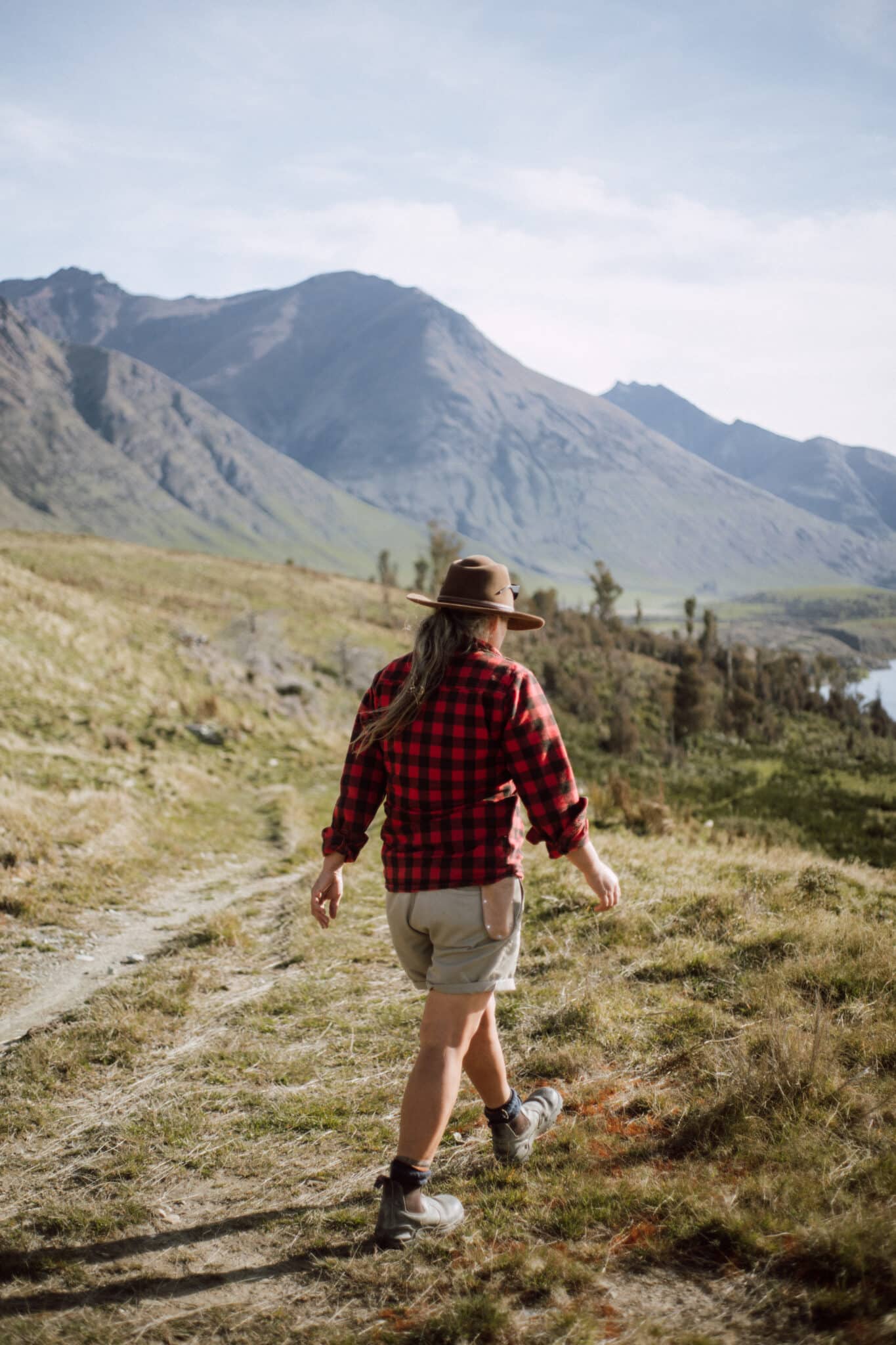
Besides that, Sonya has loved learning more about horticulture. “At the moment, we’re growing and tweaking an eco-tour and a kitchen garden to supply the on-site restaurant,” Sonya explains. “We do have a bit of a microclimate here so we’re working with our executive chef to see what we could grow here that’s a bit unusual and can contribute to what he wants to put on the menu in terms of local produce.”
Plants on the wishlist include kawakawa, horopito and watercress, and the team are also planning to revegetate certain areas with the native species that would have grown there originally. It’s a different type of conservation work than she’s used to, but Sonya can already see the potential to use her new knowledge over in Rarotonga in the the Kūki ‘Āirani Cook Islands. Her father signed a plot of family land over to Sonya and her sisters in 2023, and she is hoping to use it to make a difference for the local community.
Sonya’s plans are part of a relatively recent reconnection to her heritage. “I was raised by my mother, who was born in England from an English mother and a New Zealander father of Scottish decent,” she says. “My father is a Cook Islander. When my mother died in 2022, I felt more freedom to connect with my Pacific heritage, which resonated with me due to the parallels between Pacific culture and the cultures I had lived in in rural Southeast Asia, particularly Indonesia. At the same time, the land that Dad was entitled to came up for confirmation, so I went with him to Raro to get the land signed to myself and my two sisters. I was like, ‘Wow, what am I doing? This is where I need to be.’ I connected with family there and felt a real draw to the place. I was surrounded by cousins and aunties who are strong, intelligent, driven women. I was particularly inspired by my cousin Jacquie, who is a Goldman Environmental Prize recipient.”
For now, Sonya is content to keep enjoying her time at Walter Peak and planning how she can split her time between New Zealand and Rarotonga. “For a long time my purpose was primate conservation or big cat conservation, and then at Walter Peak I felt like I had a holiday for a little while, with no real purpose other than to keep those flowers flowering,” Sonya says.“ But now I’m looking at it differently and realising that I can use all that knowledge about soil health and growing food and bring it to the Cook Islands with me. I want to build off-grid and get involved in organic growing and sustainability. The amount of food that could be grown to feed local people is amazing, but it’s not reached its potential yet. I’m looking into it at the moment to see if there’s away that my skills and my land could be used to make some kind of impact here in the future. I think I’ve found my purpose again.”
Glossary. Horopito, native shrubs with leaves often having large red blotches. Kawakawa, pepper tree.
If you enjoyed this story, please share with someone else.
This story appeared in the Ngahuru Autumn 2024 Edition of Shepherdess.
Get your hands on a copy.
Related Stories
Time to Create
From a full-time career in the arts, Thelma Emslie has stepped back into a quieter life on the banks of the Ōwaka River in the Catlins.
